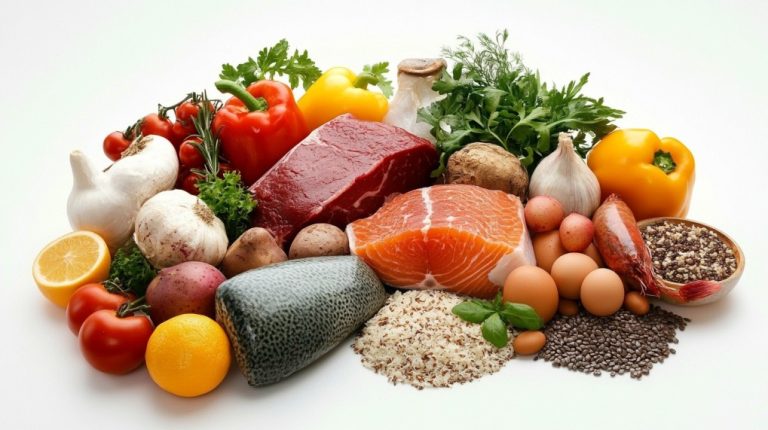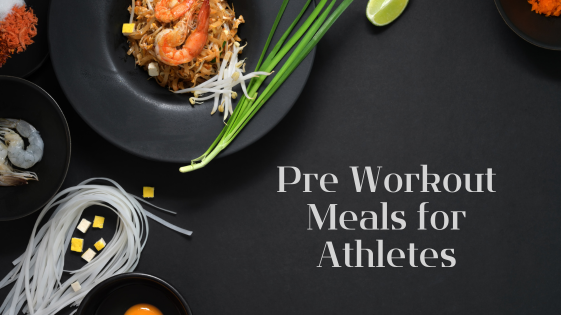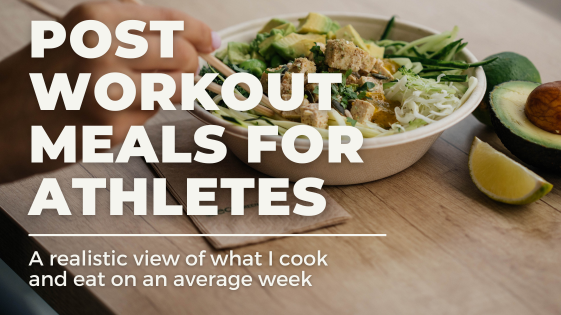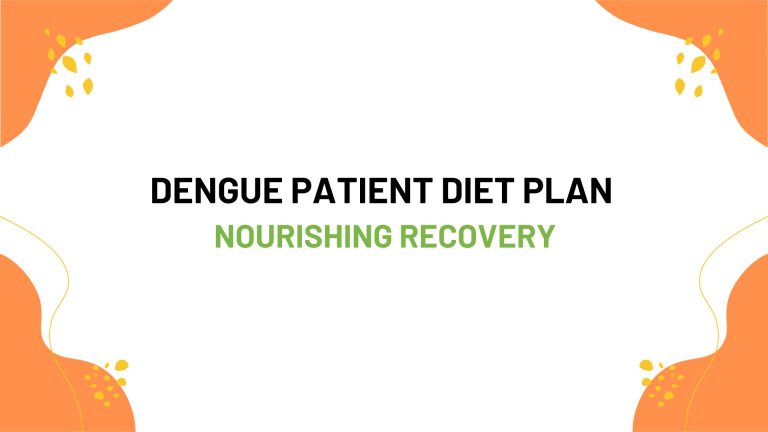Trans Fat : What You Need to Know
Eating trans fats contributes to heart attacks and strokes, and the food authority of India, finally proposed that
eating them is a danger to public health. Here is what you need to know to protect your health .Many products have
nutrition facts that say “0 grams trans fat,†but actually contain trans fats in the form of partially hydrogenated
oils (PHOs). This deception is only evident by reading the ingredients list.
Currently, the FAI allows products with less than .5 grams of trans fats per serving to round down and list zero grams
on their label (nutrition facts)! This is very deceiving, especially since many serving sizes are very small and
consumers end up eating more than one serving. Any consumption of trans fats may be harmful and small amounts at a time
can add up.
The source of artificial* trans fats in most foods is partially hydrogenated oils, which are no longer “generally
recognized as safe .
How Trans Fats Impact Your Health
According to the Food Authority of India, “The Centers for Disease Control and Prevention estimates that a further
reduction of trans fat in the food supply can prevent an additional 7,000 deaths from heart disease each year and up
to 20,000 heart attacks each year.
Trans fats raise your bad (LDL) cholesterol levels and lower your good (HDL) cholesterol levels. Eating trans
fats increases your risk of developing heart disease and stroke. It is also associated with a higher risk of
developing type 2 diabetes.Women with the highest blood levels of trans fat had twice the risk of
breast cancer compared to women with the lowest levels.
How to Stop Eating Trans Fats
1. Avoid any product that has hydrogenated oils in the ingredients!
2. Avoid these foods that contain trans fats:
- Baked goods, frozen pies and processed foods like crackers, cookies, cakes etc
- Snack foods (such as microwave popcorn)
- Frozen pizza
- Vegetable shortenings and stick margarines
- Coffee creamers
- Refrigerated dough products (such as biscuits and cinnamon rolls)
- Ready-to-use frostings
3. Remember serving sizes are deceiving and you are likely eating more than one serving.
4. When eating out, ask what types of oils are used to prepare the food. Trans fats are often used in commercial fryers,
especially fast food.
5. Keep in mind that some well-known foods that shamefully imply good mission statements contain trans fats, such as
Kellogg’s Special K protein bars.
* Some trans fats occur naturally in certain dairy and meat products.
While the above article guides you to eating healthier, there is no substitute for customized professional advice given
by a qualified nutritionist. We urge you to speak to your personal dietician or if you need help, contact a nutritionist
at Qua Nutrition.
You can contact us at 080 3232 9292 or log on to www.quanutrition.com to Book An Appointment.









